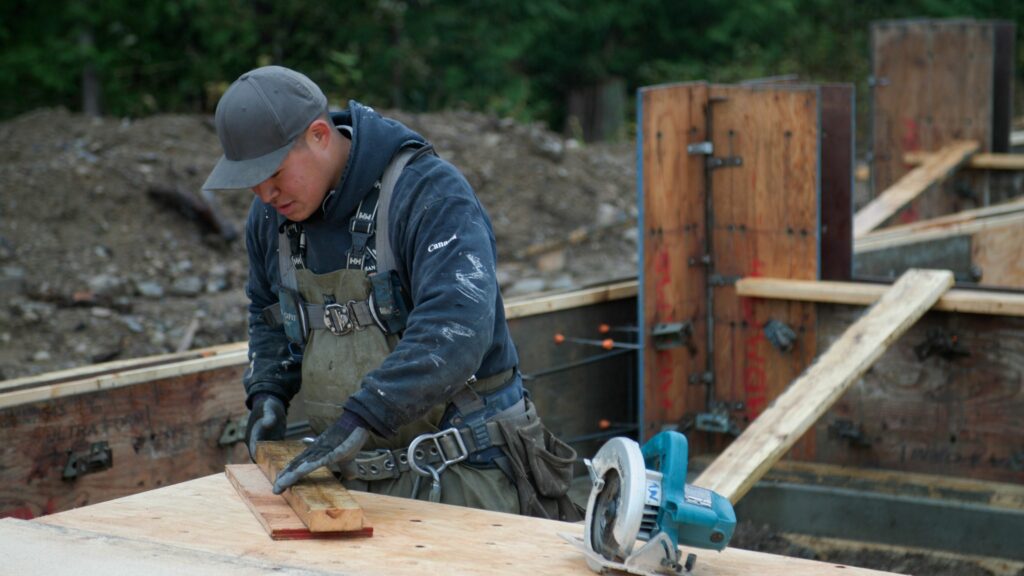A report from the Assembly of First Nations (AFN) says $349.2 billion is needed to address the infrastructure gap. The report also says actions to close the gap will improve the socioeconomic wellbeing of First Nations people and boost the Canadian economy as a whole.
The report – Closing the Infrastructure Gap by 2030 – was commissioned by the AFN in partnership with Indigenous Services Canada (ISC). Research took place in 2022 and 2023 with the participation of 401 First Nations across Canada. The report also used years of AFN technical studies and records from ISC.
The Report says that closing the First Nations infrastructure gap will contribute to improved health and safety for people living on reserves. Inadequate infrastructure for emergency, health or education services leads to troubling conditions such as limited access to water and fire protection.
The AFN says federal investment to close the infrastructure gap will help the Government of Canada fulfill its existing fiduciary, legal, and public commitments to First Nations. It will also create economic opportunities for First Nations and non-Indigenous workers and businesses by boosting GDP and creating jobs.
The report provides detailed recommendations about investment needed by asset category. It also makes recommendations for over-arching changes, such as:
- Long-term planning: move away from a federal year-to-year, pay-as-you-go approach to First Nations infrastructure funding programs.
- Policy reform: co-development between AFN, ISC, and First Nations to improve access to capital.
- Implementation: The AFN Infrastructure and Housing Sectors, with support from other AFN Sectors, including Indigenous Services Canada, are co-developing a plan for reform and funding options to close the First Nation infrastructure gap.
- Short-term solution: have the Government of Canada renew funding supports to expiring and exhausted programs that were successful
The First Nations Infrastructure Institute (FNII) was recently established to join the First Nations Tax Commission (FNTC), the First Nations Financial Management Board (FNFMB) and the First Nations Finance Authority (FNFA). These Indigenous-led institutes have developed tools that can support First Nations and Indigenous Organizations to assert their jurisdiction over their infrastructure assets on their land. This can lead to improved infrastructure outcomes.
Interested First Nations or other Indigenous organizations may use any or all of the institute’s tools, skills, and processes to plan, develop, procure, implement, operate, maintain, and manage their infrastructure projects efficiently and effectively.
The challenge in addressing the infrastructure gap will require options for different circumstances. FNII is not the whole answer to the Indigenous infrastructure gap, but it can be part of a solution.
Contact FNII to discuss how it might help with your Indigenous infrastructure project.
More information on Closing the Infrastructure Gap by 2030.

